Maintenance Tips for Lyre Harps
Maintaining your lyre harp is essential to ensure its longevity and optimal performance. Here are some detailed tips to help you care for your instrument effectively:
Cleaning and Storage
Environmental Sensitivity: Acoustic instruments made from solid wood, like the lyre harp, are highly sensitive to humidity and temperature changes. Excessive dryness can cause the wood to shrink and crack, while excessive moisture can lead to swelling, detuning, and even warping of the soundboard and strings.
Humidity Control: Keep your lyre harp in a stable environment. Avoid placing the harp near windows, fireplaces, or air conditioning units that can cause rapid changes in temperature and humidity.
Temperature Control: Store your lyre harp in a cool, dry place away from direct sunlight and heat sources. This helps prevent the wood from warping and the strings from detuning.
Cleaning: Clean your lyre harp gently with a soft, dry cloth to remove dust and fingerprints. Avoid using harsh chemicals or water, as these can damage the wood and the finish. For stubborn spots, a slightly damp microfiber cloth may be used, but ensure it is not wet enough to allow moisture to seep into the wood.
Storage: When not in use, store your lyre harp in a protective bag or cover to shield it from dust, debris, and environmental changes.
String Care
With regular playing, lyre harp strings can darken due to oxidation and natural oils from your fingers. Here’s how to keep them in good condition:
Regular Cleaning: Wipe the strings clean regularly with a soft cloth to slow down oxidation. This helps maintain their appearance and prolongs their life.
Replacing Strings: When strings become too gunky or appear worn out, replace them with the new strings provided in the box. Although lyre harp strings are generally sturdy and do not require frequent replacements, it is good practice to have a set of spare strings on hand (all of our lyre harps comes with a spared set of strings).
Tuning: Regular tuning is essential for maintaining the sound quality of your lyre harp. Use an electronic chromatic tuner for accuracy. Tuning becomes easier with practice and helps in keeping the harp in optimal condition. Initially, you may need to tune frequently, but this will decrease as the strings settle.
Additional Tips
Avoid Moisture Contact: Keep the tuning pegs and pin block dry. Moisture can cause these components to swell or corrode, leading to tuning instability.
Periodic Checks: Regularly inspect your lyre harp for any signs of damage or wear, particularly around the soundboard and strings. Early detection of issues can prevent more significant problems down the line.
Play Regularly: The best way to care for an acoustic instrument is to play it constantly. Regular playing helps keep the instrument in good condition and allows you to detect any issues early on. After each session, wipe down the instrument and strings to remove oils and sweat.
By following these maintenance tips, you can ensure that your lyre harp remains in excellent condition, providing you with beautiful music for years to come. For in-depth guidance on selecting the perfect lyre harp and maximising its benefits, please check out more of our blogs below.
The benefit of playing the lyre harp
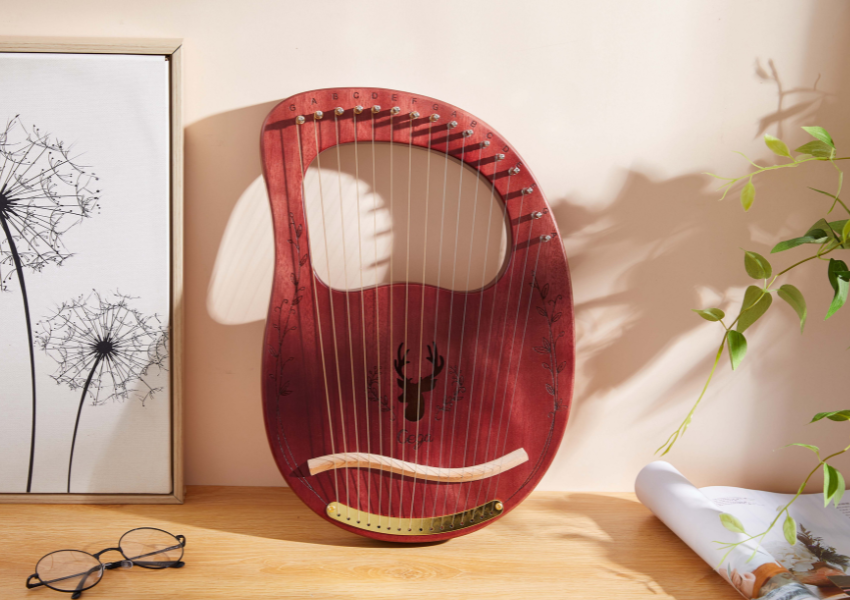
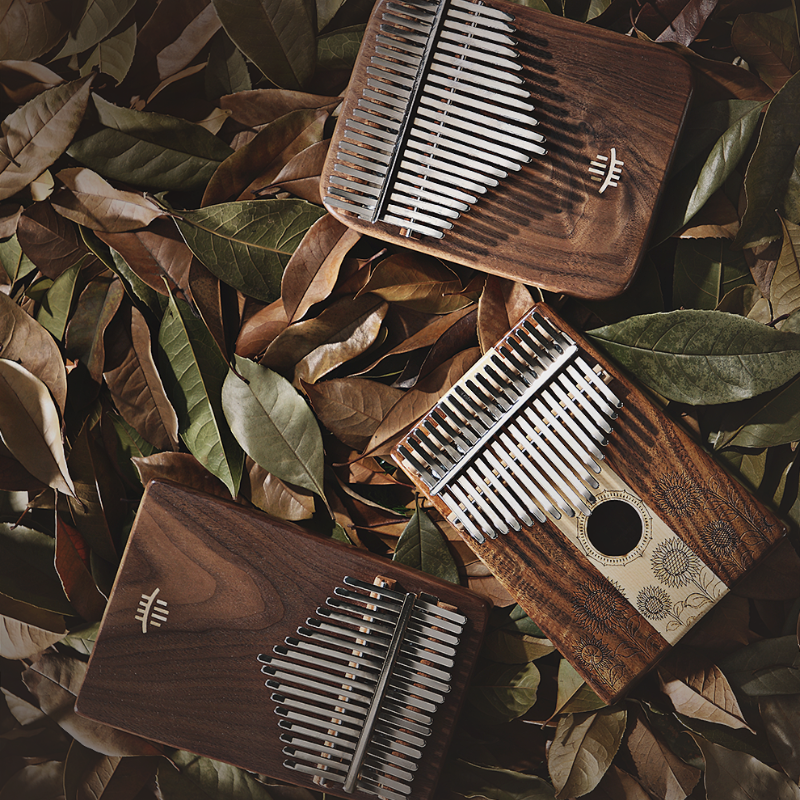
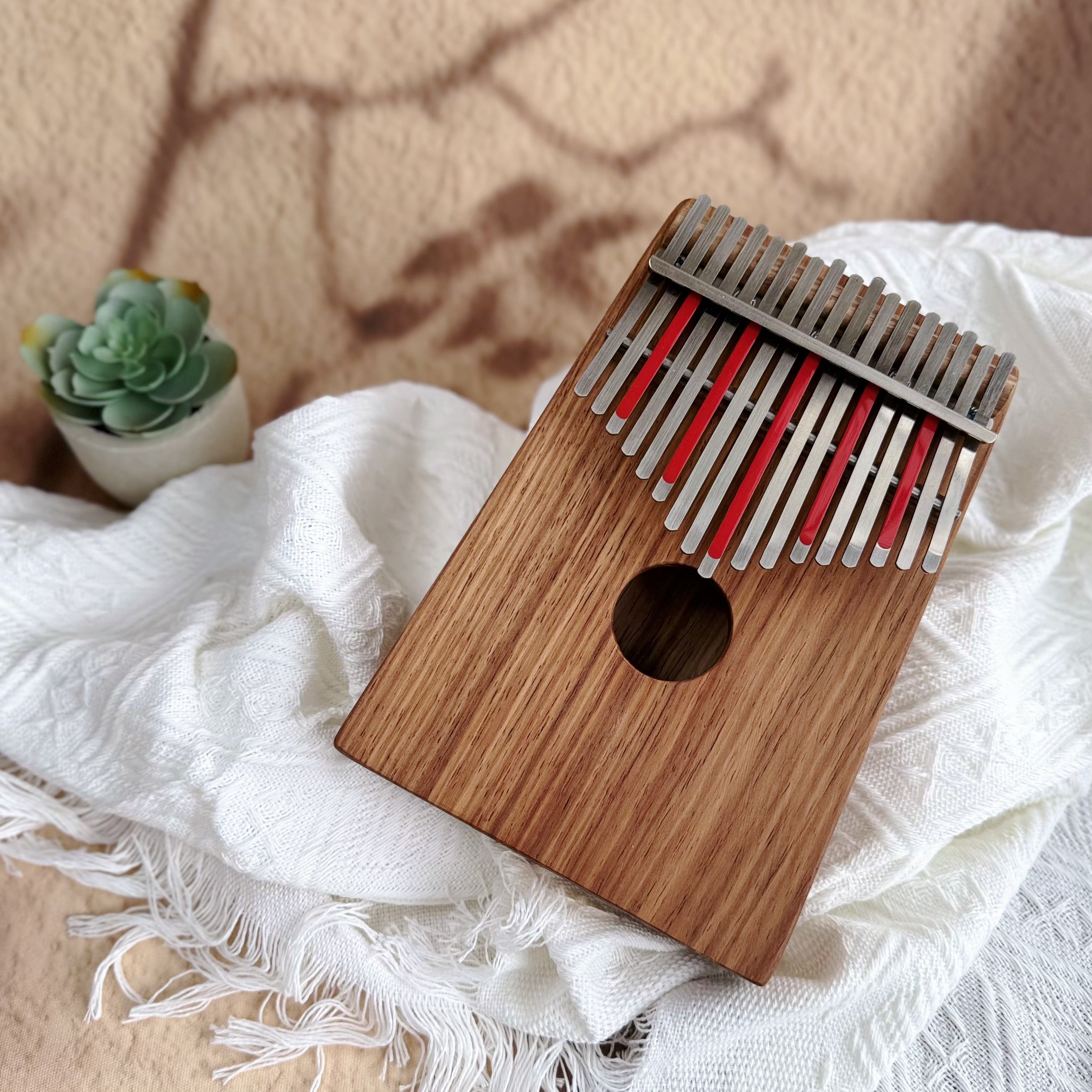
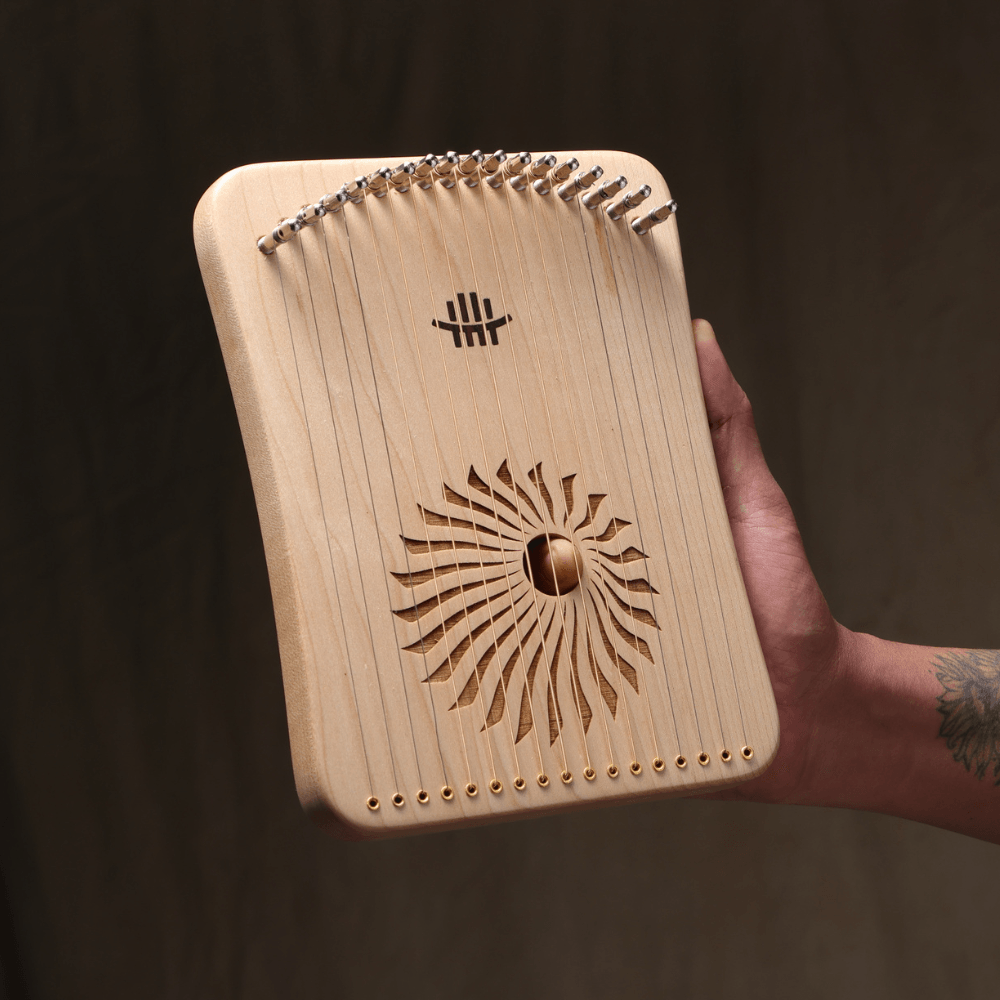
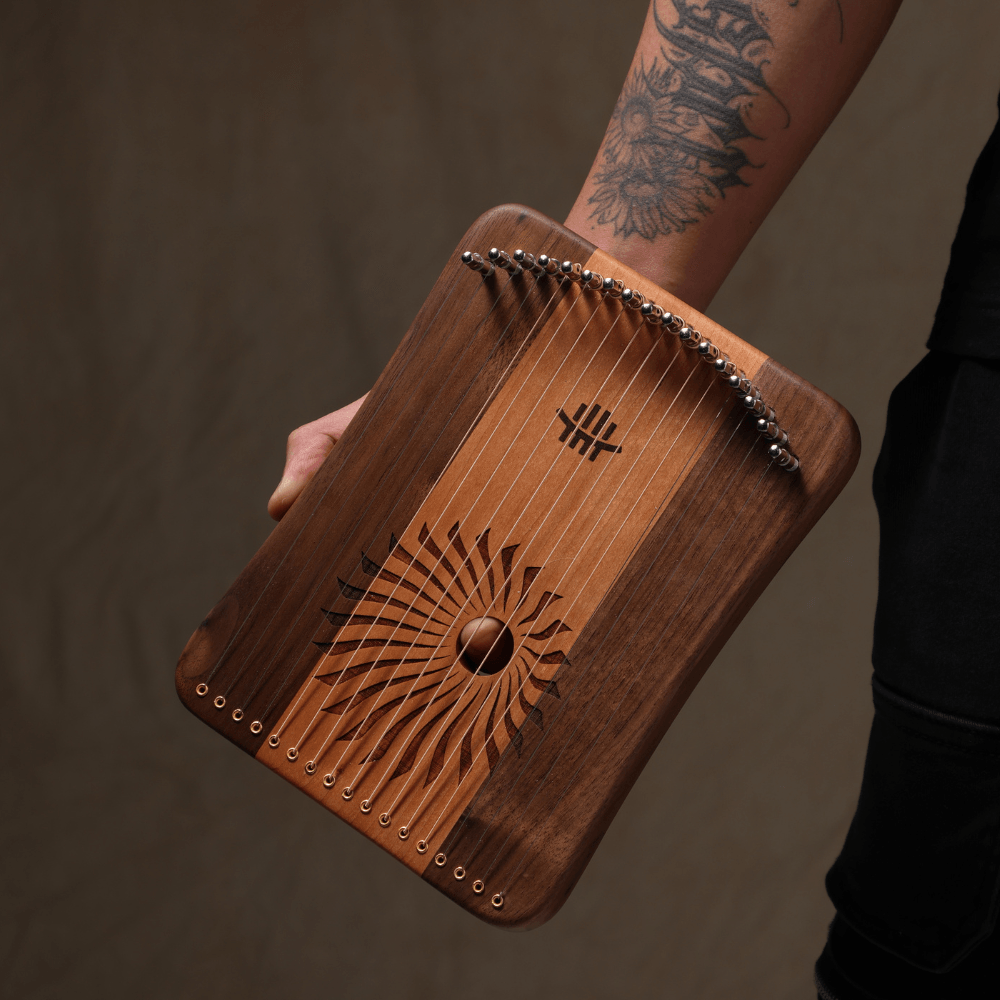
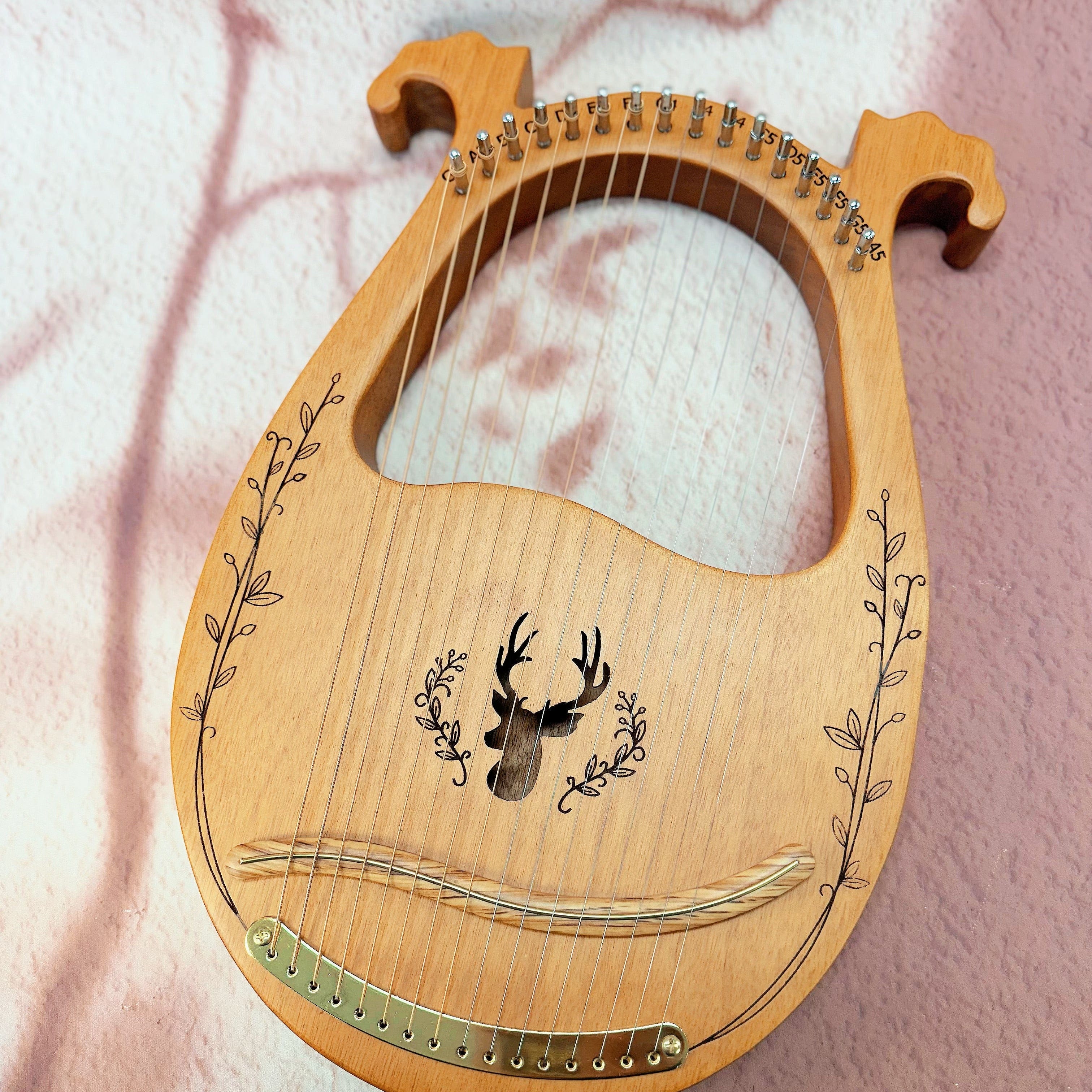
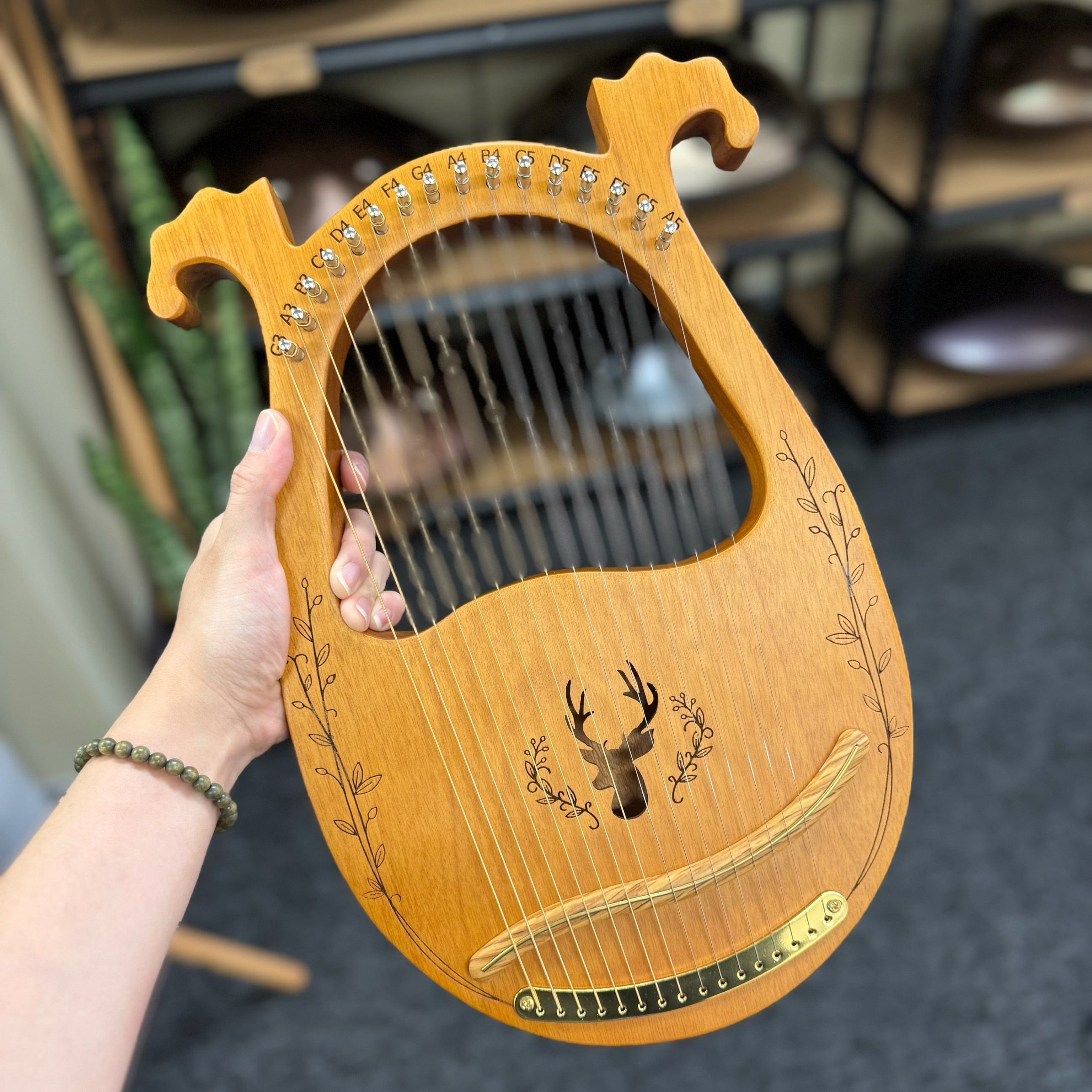
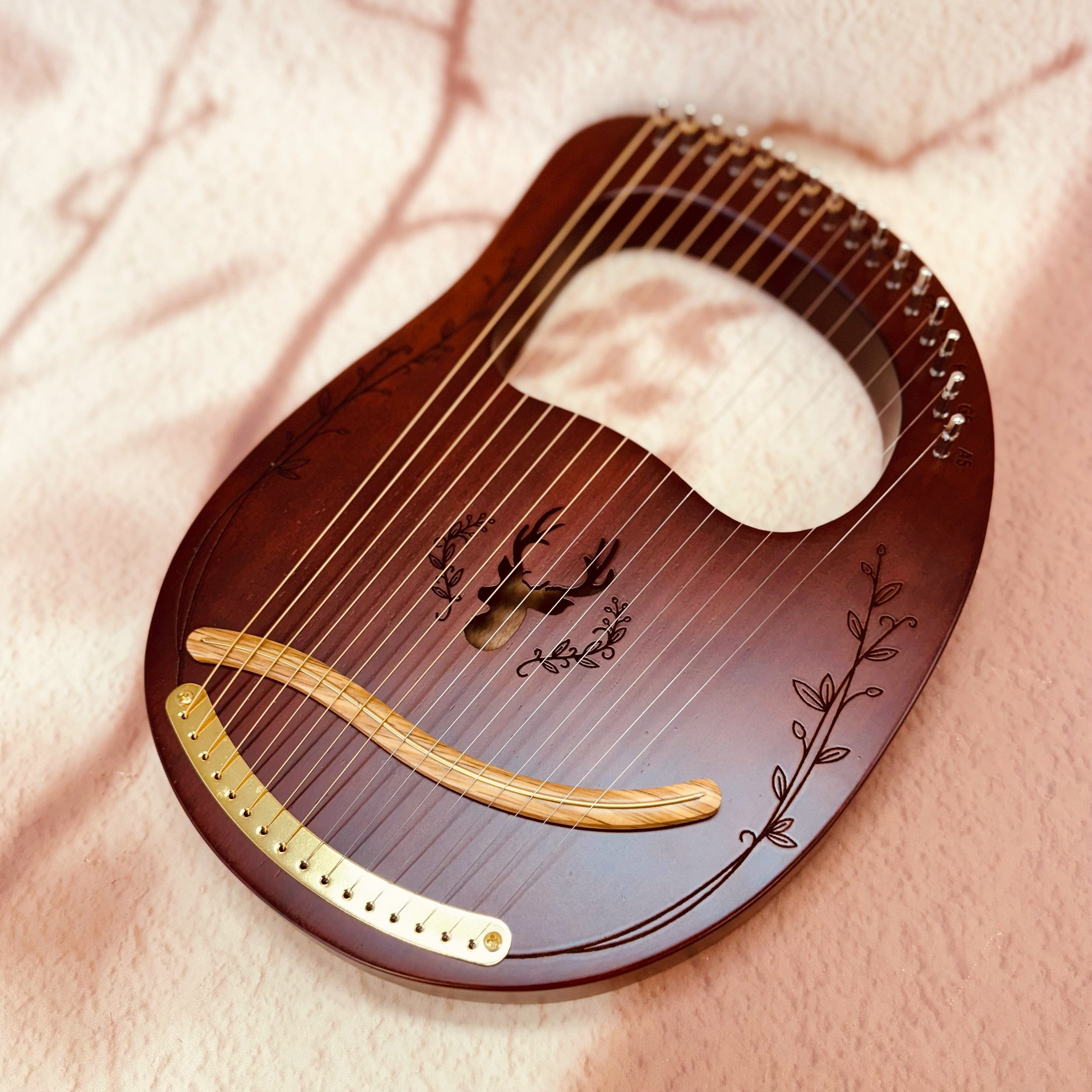
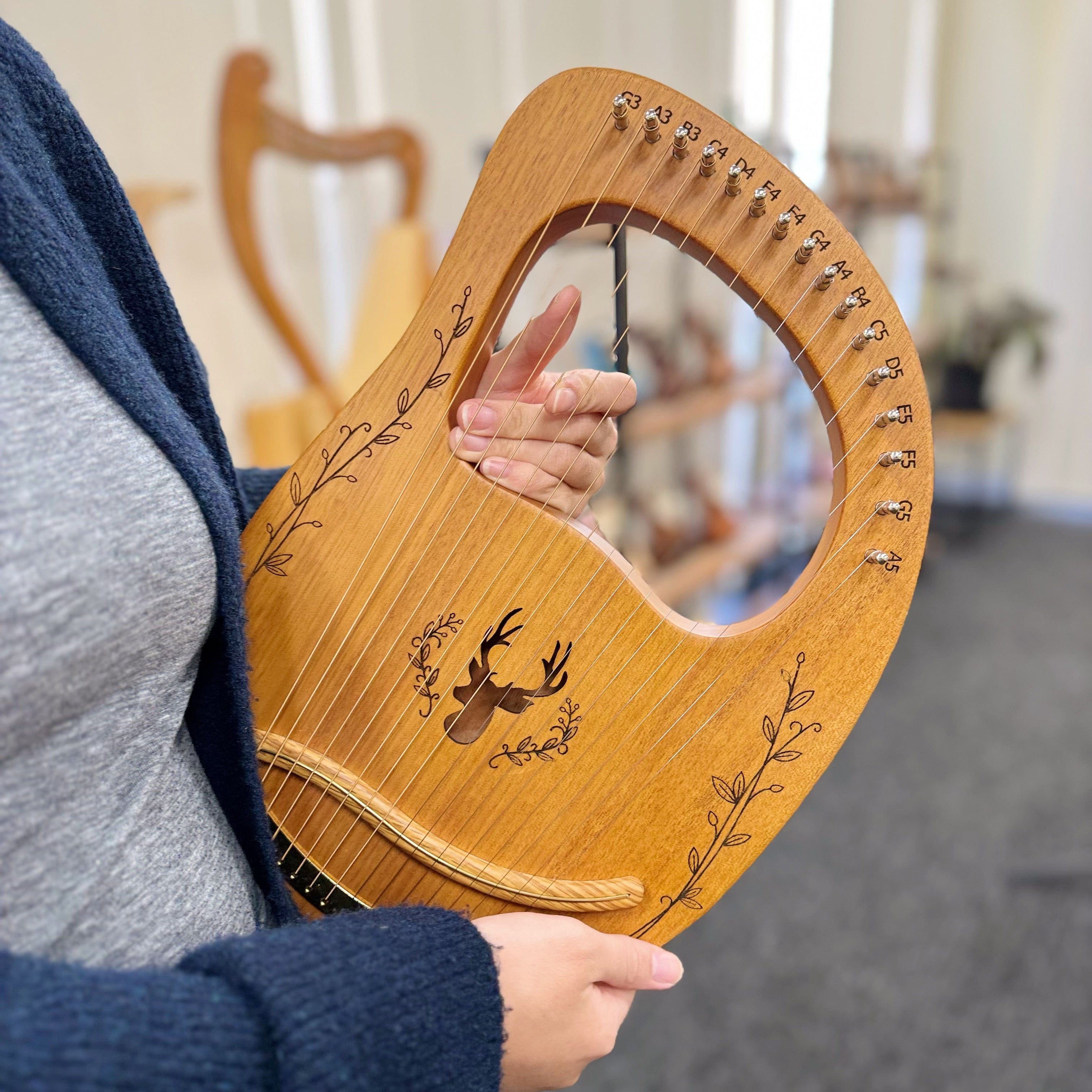
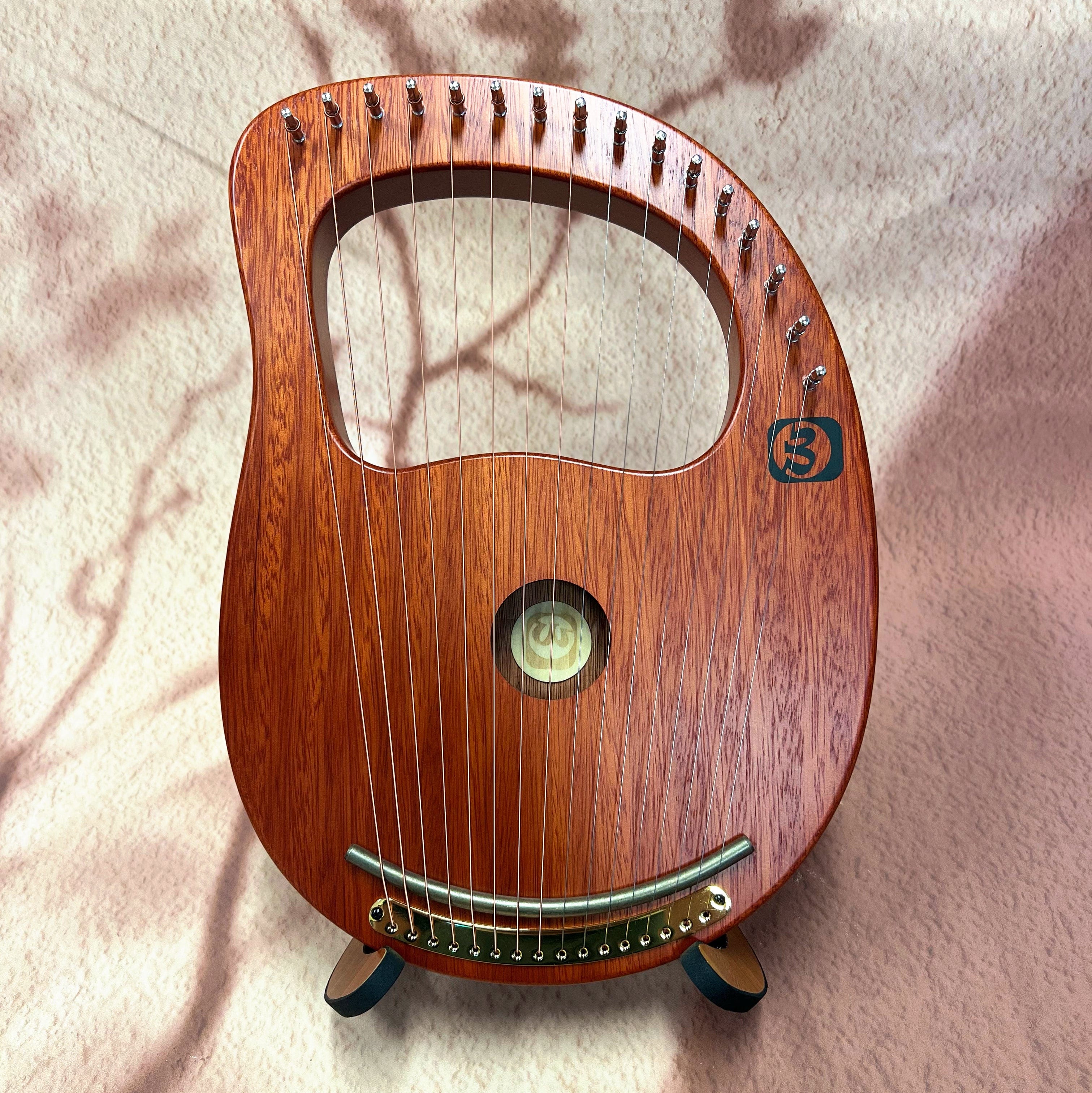
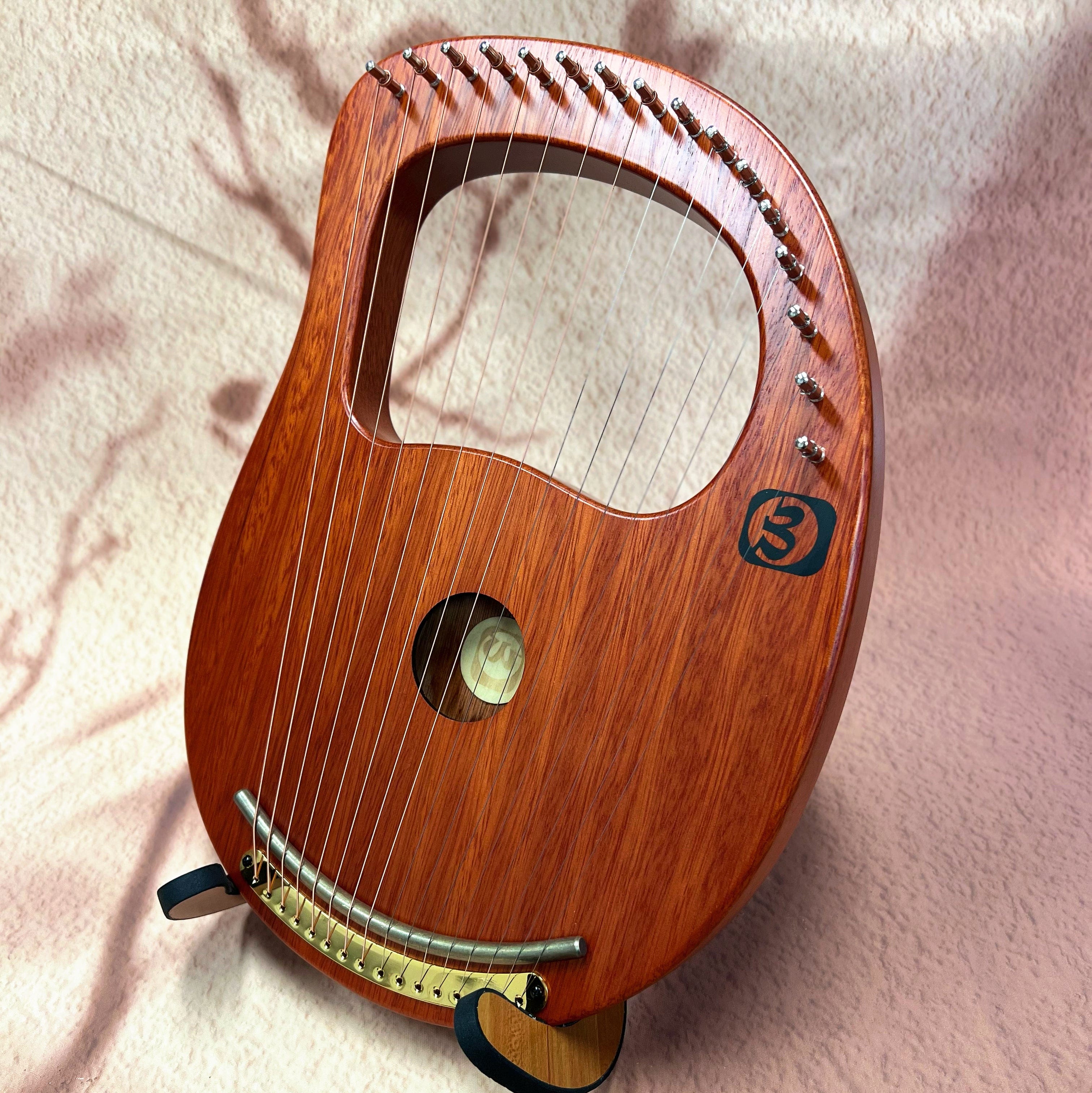
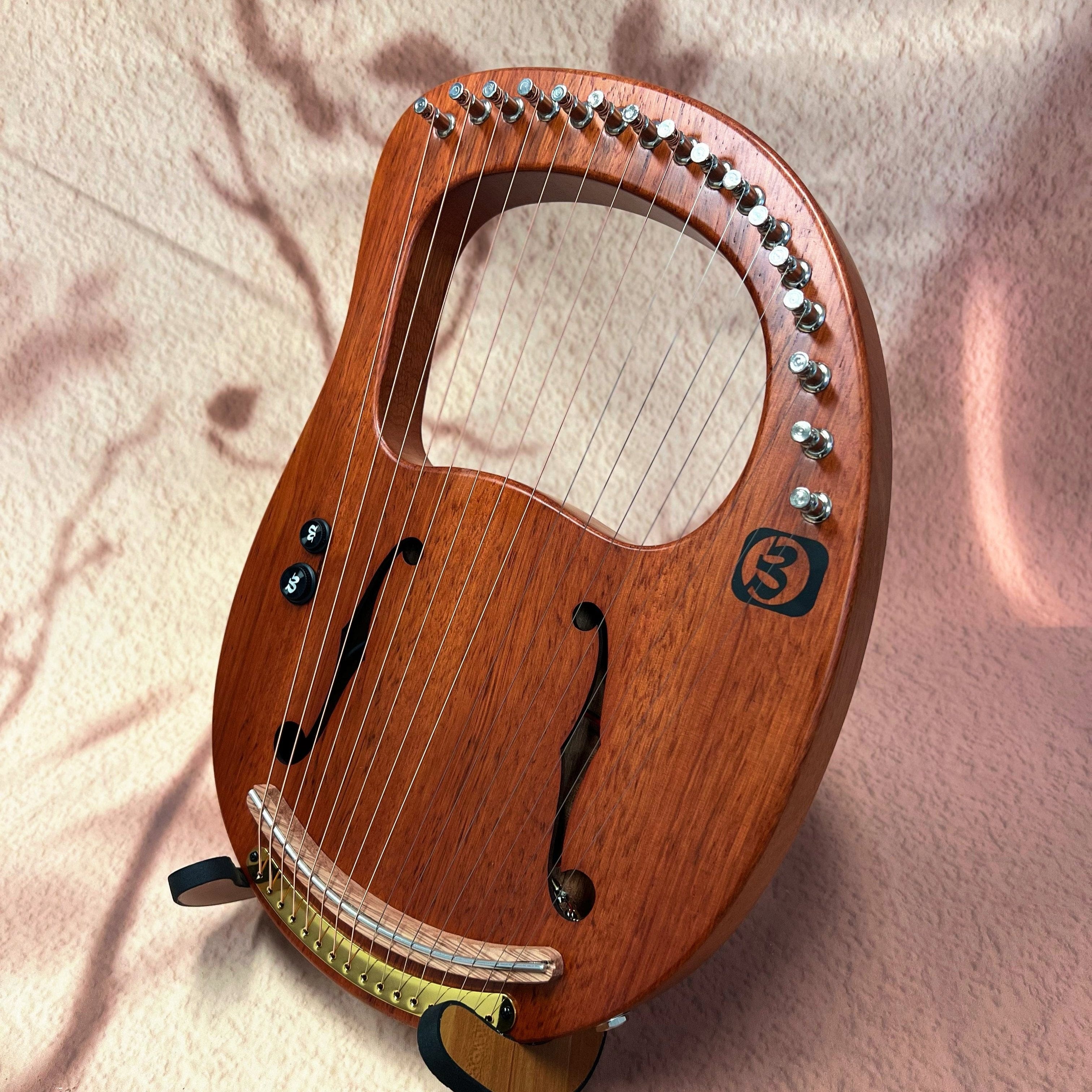
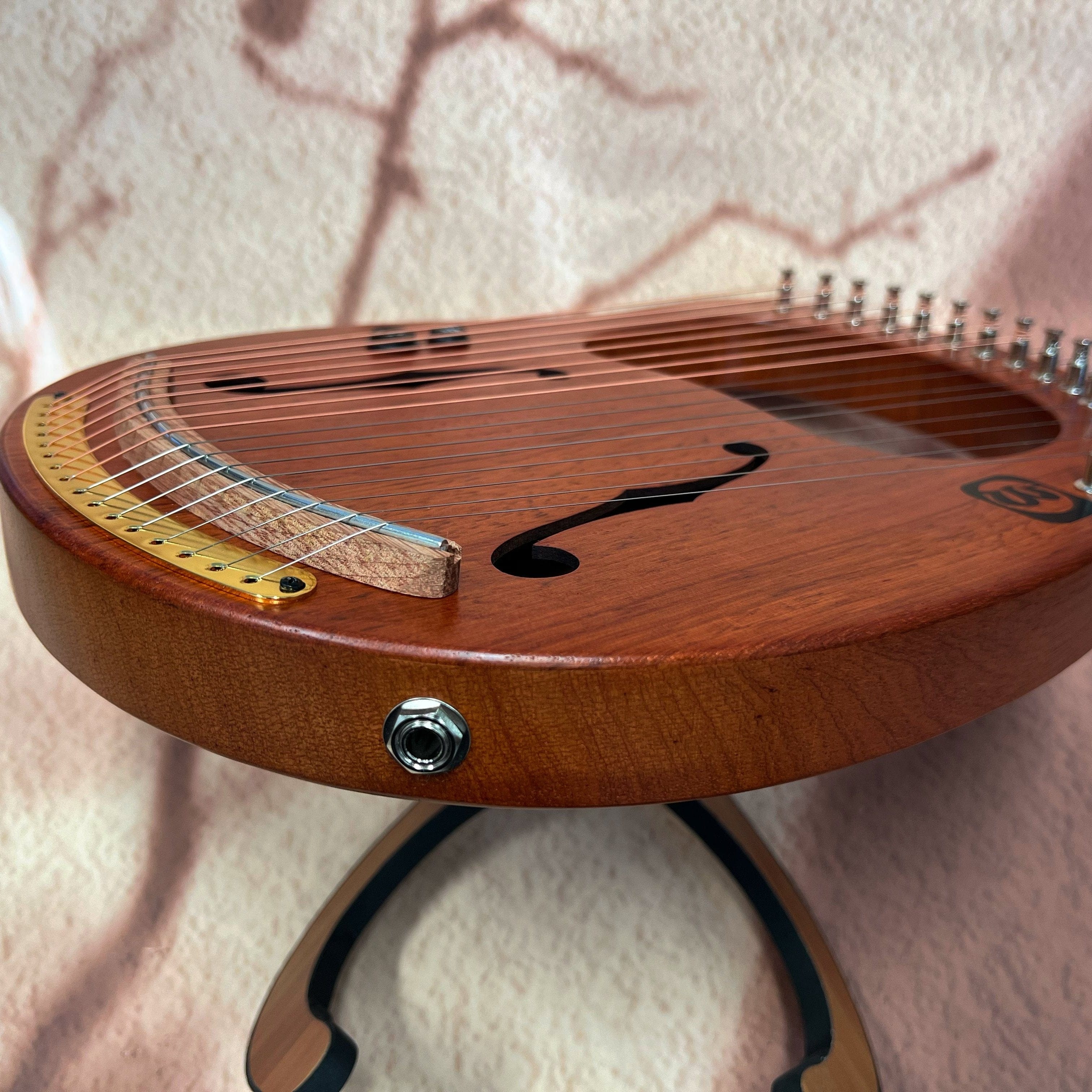
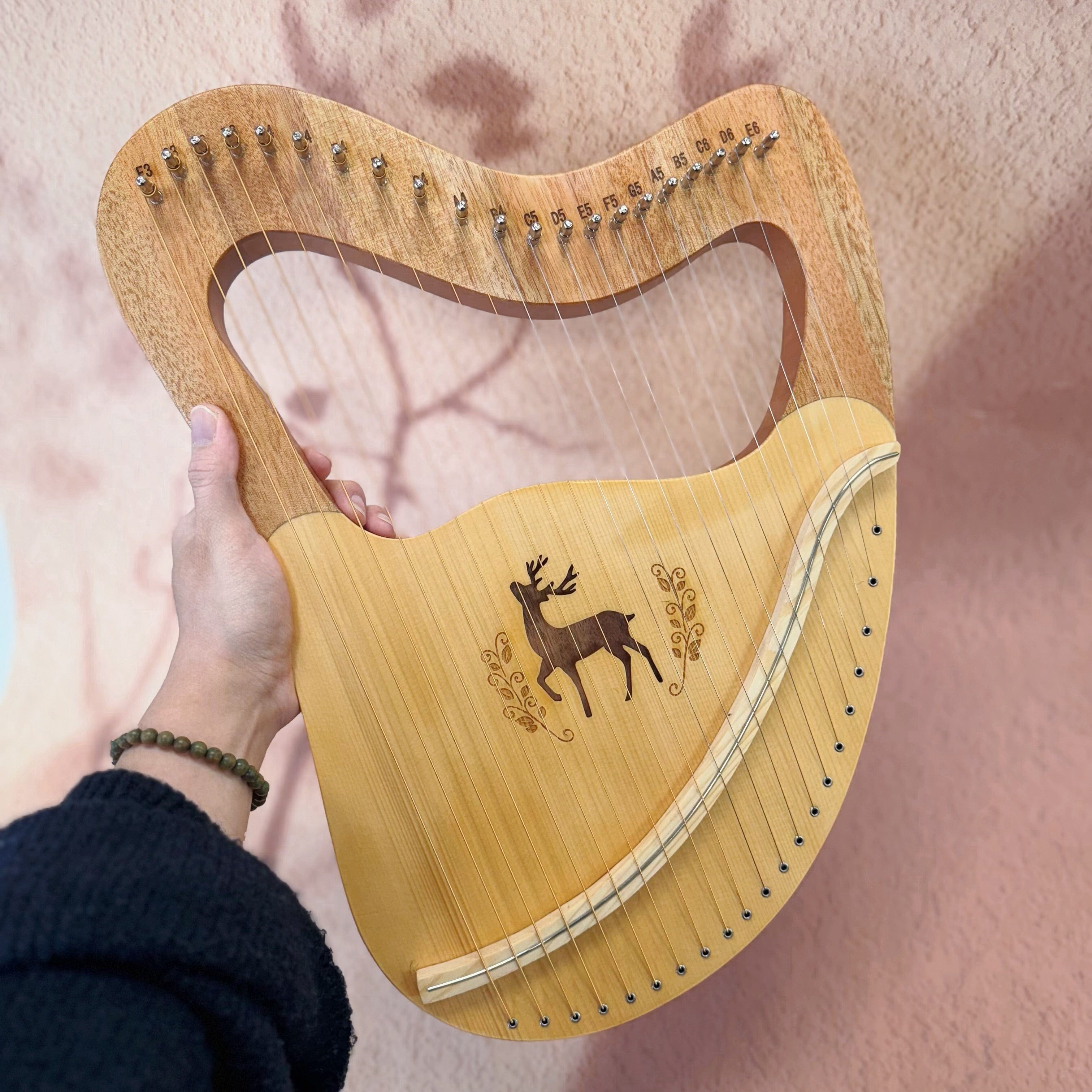
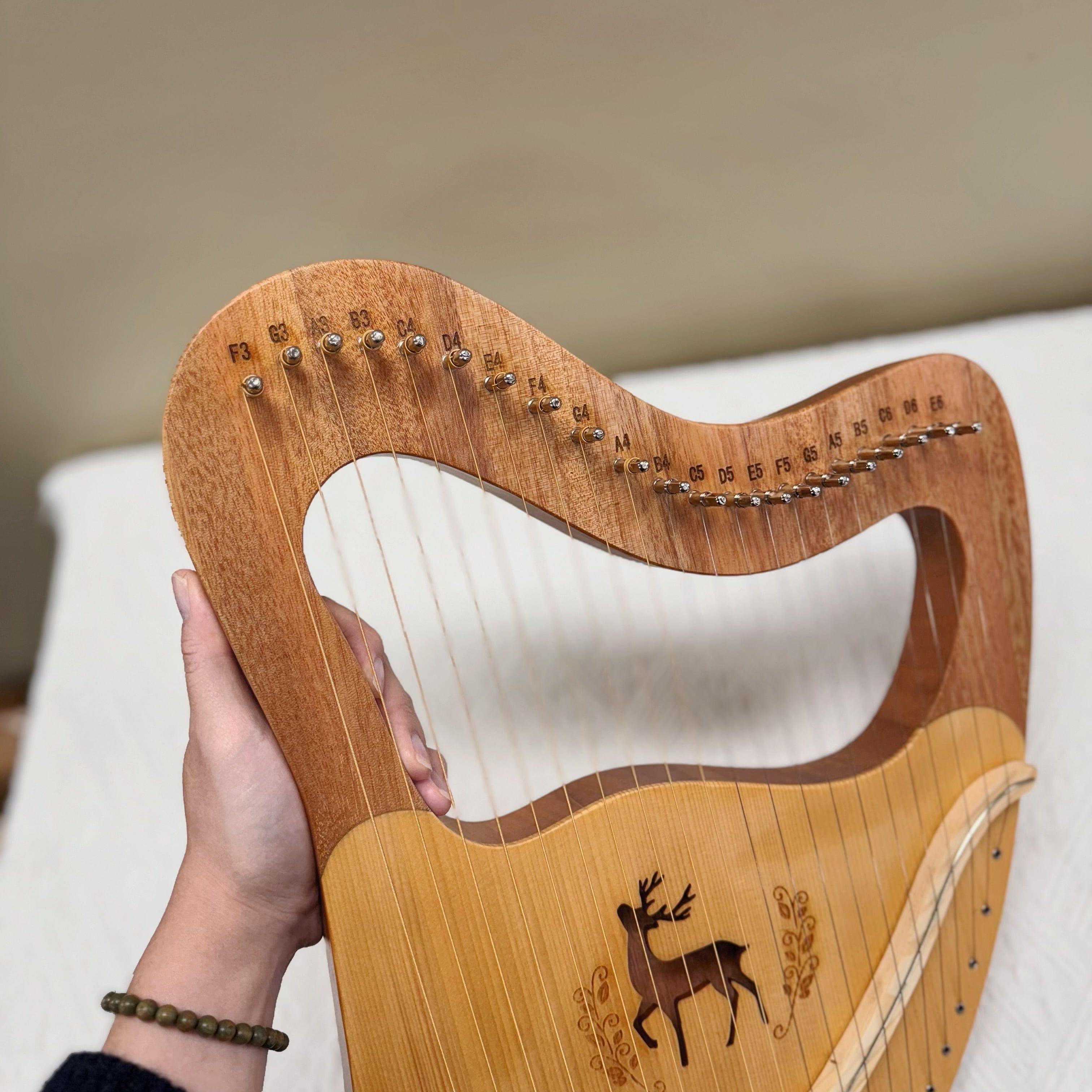
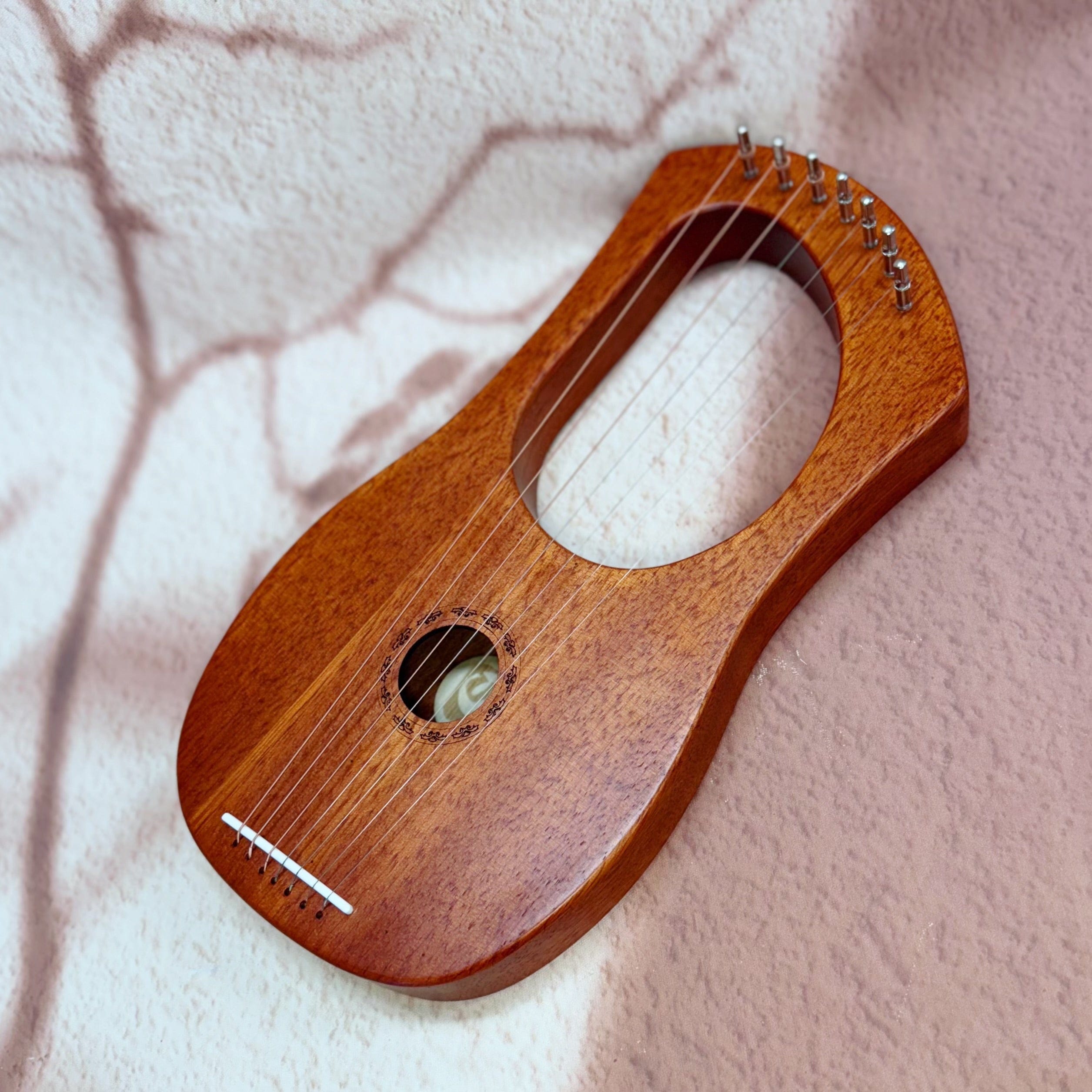
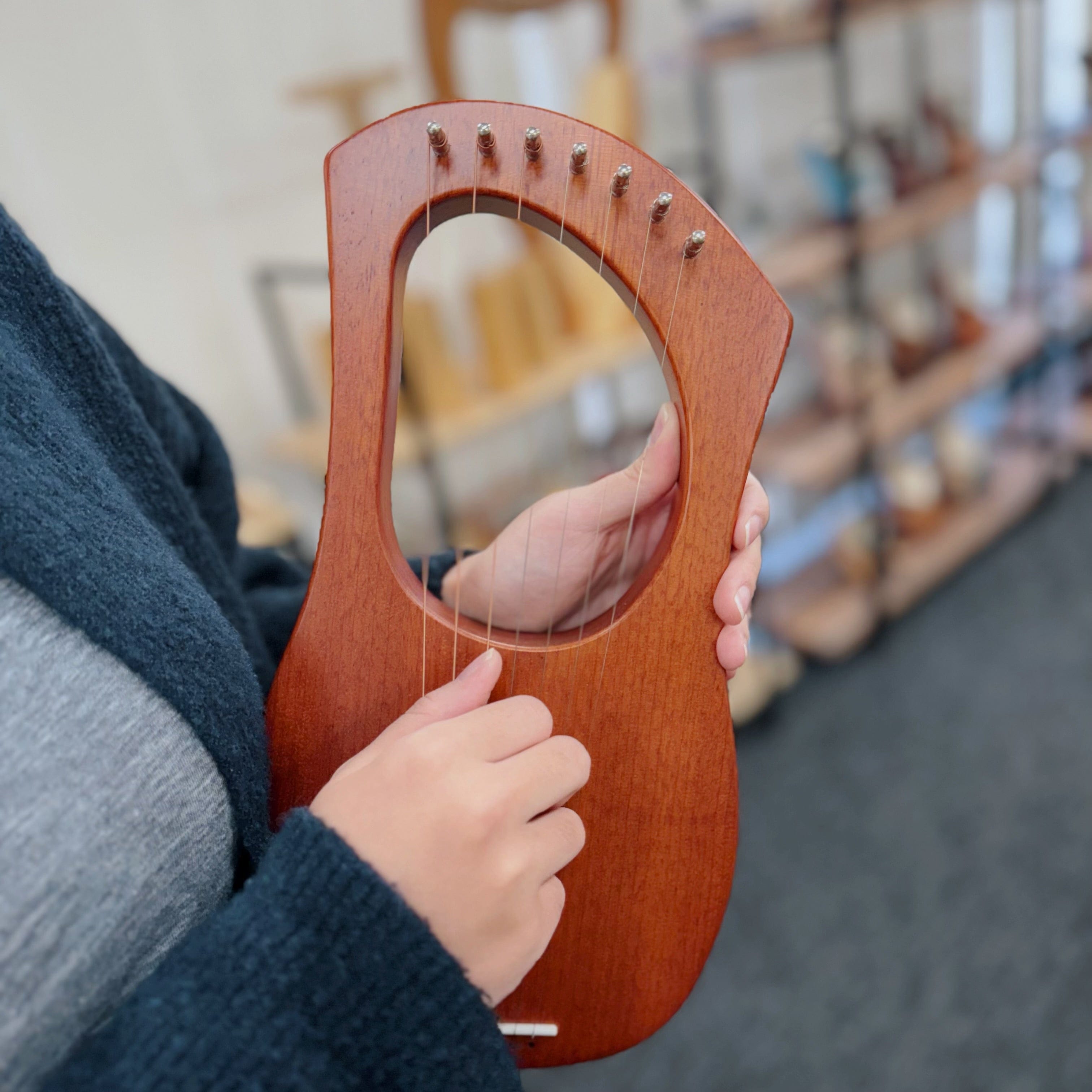
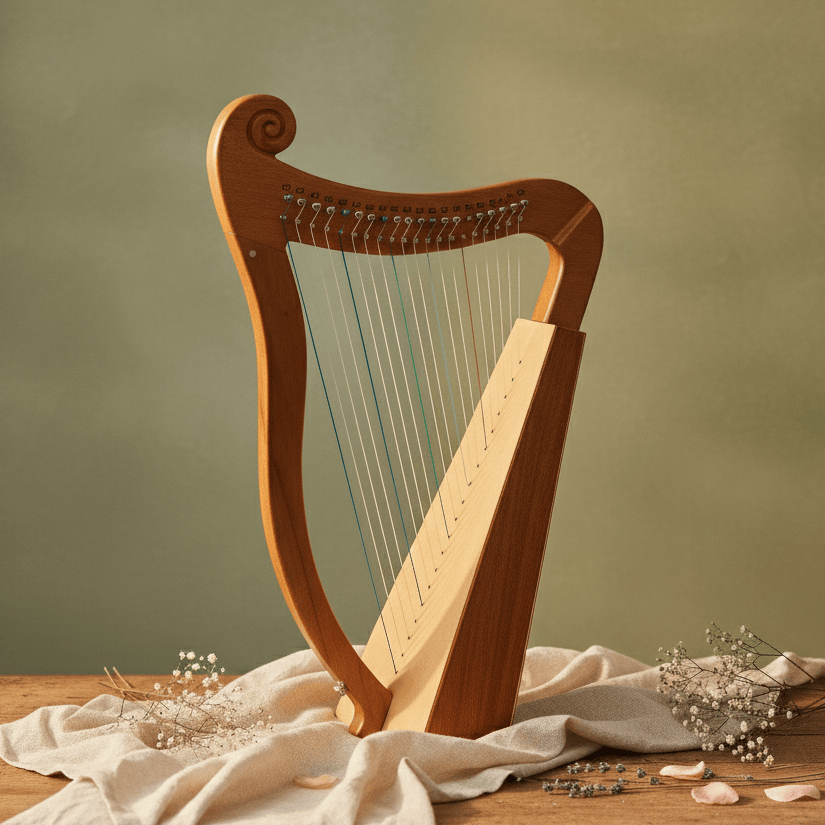
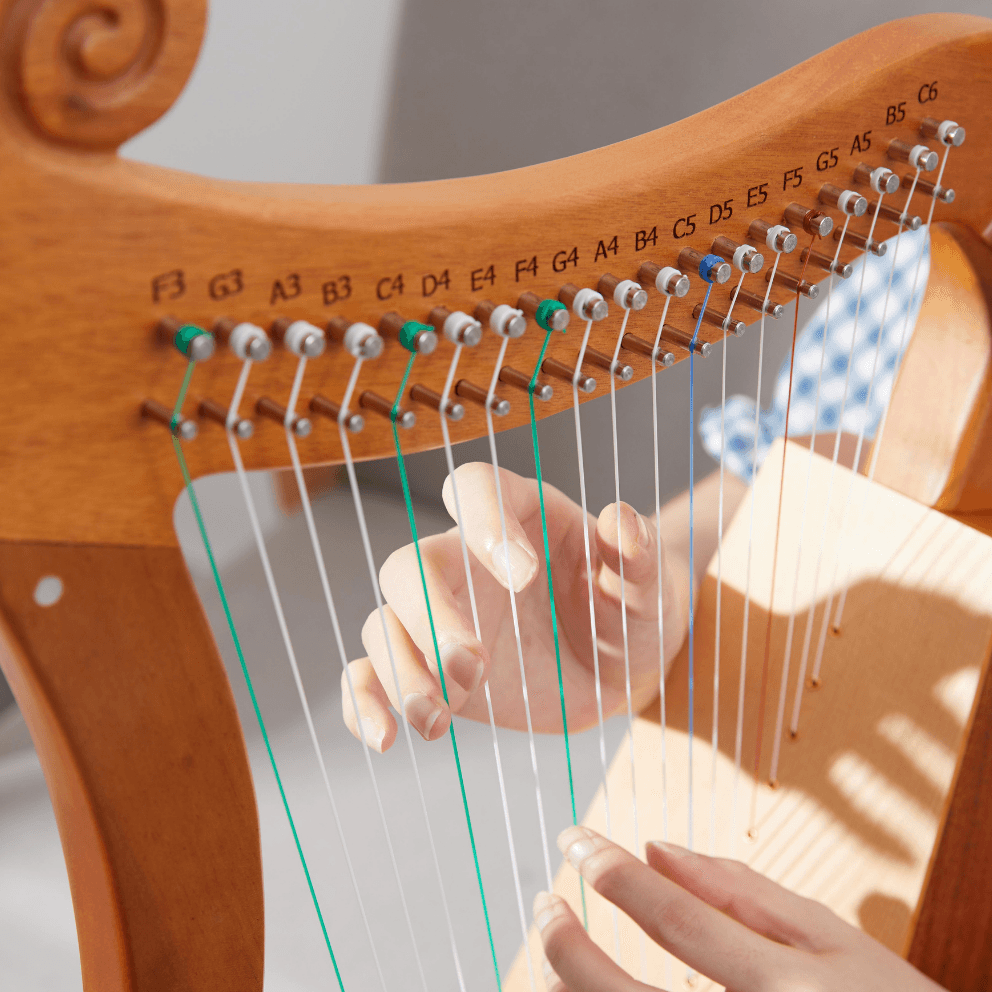
Leave a comment
All comments are moderated before being published.
This site is protected by hCaptcha and the hCaptcha Privacy Policy and Terms of Service apply.